The Security Cabinet of Israel has authorized an operation to take Gaza City as the beginning of a plan to eliminate Hamas and achieve Israeli security dominance in substantial areas of the Gaza Strip. The government led by Prime Minister Benjamin Netanyahu announced the operation on August 10, 2025, as part of its comprehensive strategy to handle ongoing security issues.
The military operation received cabinet authorization for its five main goals, which included the complete destruction of Hamas military operations and political structure, hostage retrieval of both living and deceased Israelis, total demilitarization of Gaza Strip territory to prevent future threats, the establishment of Israeli security control over the area for a temporary period, and the creation of a new governance system that would remove Hamas and the Palestinian Authority from power.
The military operation will start by clearing and capturing Gaza City before possible ground operations may begin after October 7, 2025 which marks the second anniversary of the Hamas attack into Israel. The current authorization for Gaza City operations maintains flexibility to advance into additional territory when negotiations or ceasefire agreements fail to occur during the upcoming months.
Officials believe the military operation will last for multiple months, while forces may need to control and govern the area for an extended period. The Israeli government aims to keep Gaza under military rule; they want to prevent Hamas from reorganizing to launch additional attacks against Israel.
The cabinet members engaged in a long dispute about the decision after military leaders cautioned that total control of Gaza would lead to Israeli hostage deaths and military resource depletion following 24 months of continuous conflict. The governing coalition members had different views regarding Gaza annexation with some members supporting complete control and others supporting a security zone approach.
Protests in Tel Aviv
After the Israeli military declared its plans to take Gaza City, 100,000 protesters demonstrated in Tel Aviv's main public areas on August 9-10, 2025. Different groups of Israeli citizens joined the protests including families of Gaza prisoners, anti-war activists and ordinary citizens who wanted to stop military escalation.
Families of hostages played a leading role in the demonstrations, warning that the planned offensive could constitute a "death sentence" for their approximately 50 relatives believed to remain in Gaza. The family members asked the Israeli government, together with their international allies, particularly the United States, to stop military escalation and instead focus on obtaining hostage releases through diplomatic channels. The protesters displayed family photos of hostages and waved Israeli flags while holding signs which called for government responsibility and requested President Trump to take personal action.
The protesters demanded three main things including an immediate peace treaty and hostage release through diplomatic means instead of military force. Most participants at the demonstration blamed the Israeli government for the October 2023 attacks and for the ongoing failure to free hostages and end the conflict while they delivered verbal attacks against Netanyahu's military approach.
Protest leaders together with hostage relatives stepped up their civil disobedience by demanding national strikes and asking soldiers to avoid participating in the Gaza City occupation while building pressure on the government to change its military strategy. The demonstrations exposed major political divisions across Israeli society because government critics described military actions as dangerous while right-wing ministers denounced the operations as not aggressive enough.
These protests are part of a series of mass demonstrations that have been taking place every week in Tel Aviv and other major cities since the start of the current war. The majority of Israelis support a military operation pause to get hostages back according to public polls but the government persists with its military approach.
International Concerns
The Israeli plan has been met with widespread international criticism from United Nations officials and governments across Europe including the UK, France, Germany, Denmark, Greece and Slovenia as well as Russia and China. The international critics point to possible violations of humanitarian law while questioning the operational effectiveness and the threat to civilian lives and potential population movements.
Health officials report 61,000 Palestinian deaths since October 2023 which demonstrates the catastrophic humanitarian situation in Gaza where women and children make up a major part of the casualties. A large majority of Gaza residents have become displaced while the infrastructure remains badly damaged and the territory faces severe food shortages which could develop into famine. Aid organizations predict that an extended military operation will create widespread famine and disease spread and additional population displacement which would worsen the already catastrophic situation according to UN and international humanitarian organizations.
As of August 2025, about 90 percent of Gaza territory exists under direct Israeli military control or has restricted Palestinian access with Gaza City and central Gaza being the only areas outside direct military rule. The operation would establish complete Israeli control of the territory yet Israeli policy makers have not developed solutions for post-occupation governance of the territory.
The current US administration refuses to intervene directly because it views Israeli military decisions as sovereign choices of the Israeli government. Military experts state that Israel needs sustained US financial backing alongside diplomatic assistance to sustain its extended security control of the territory. Arab states together with Iran have shown no interest in taking control of Gaza but they maintain their stance about potential large-scale conflict expansion.
Some Israeli military analysts predict that increased occupation would lead to guerrilla warfare and unstable conditions alongside possible "quagmire" situations that have appeared in previous long-term conflicts. The disagreement between Israeli policymakers about their Gaza conflict goals including full occupation versus security-only operations and temporary versus long-term administration and limited humanitarian control versus permanent oversight demonstrates the multiple difficulties they face when handling domestic and international and strategic challenges in Gaza.
As Israeli policy and public opinion continue to evolve, the transformation of the Middle East will continue to turn heads and raise questions.



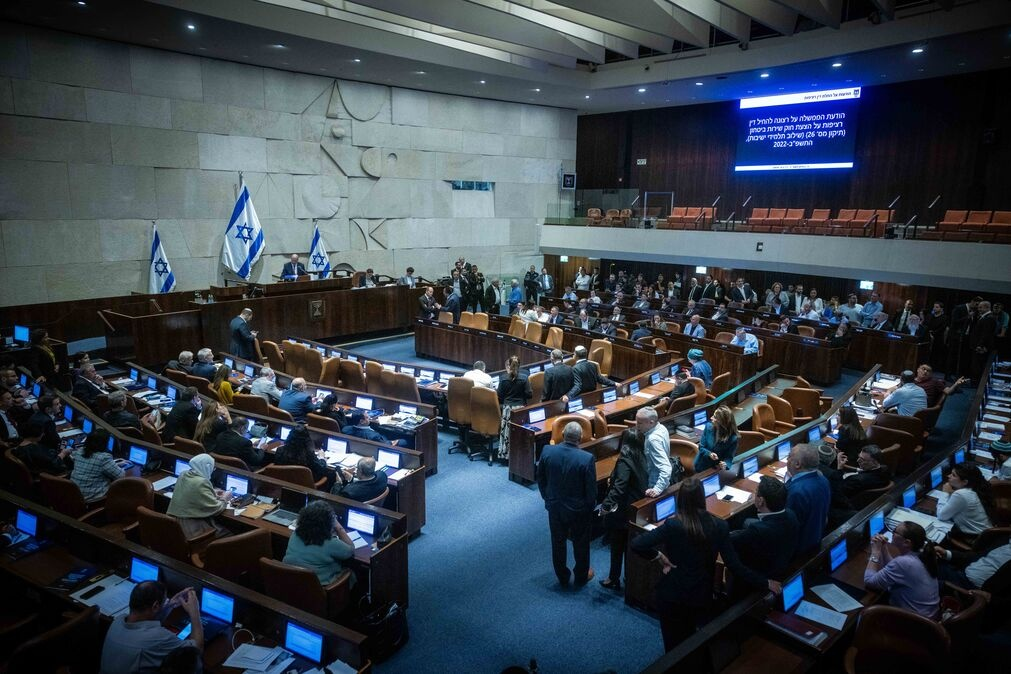
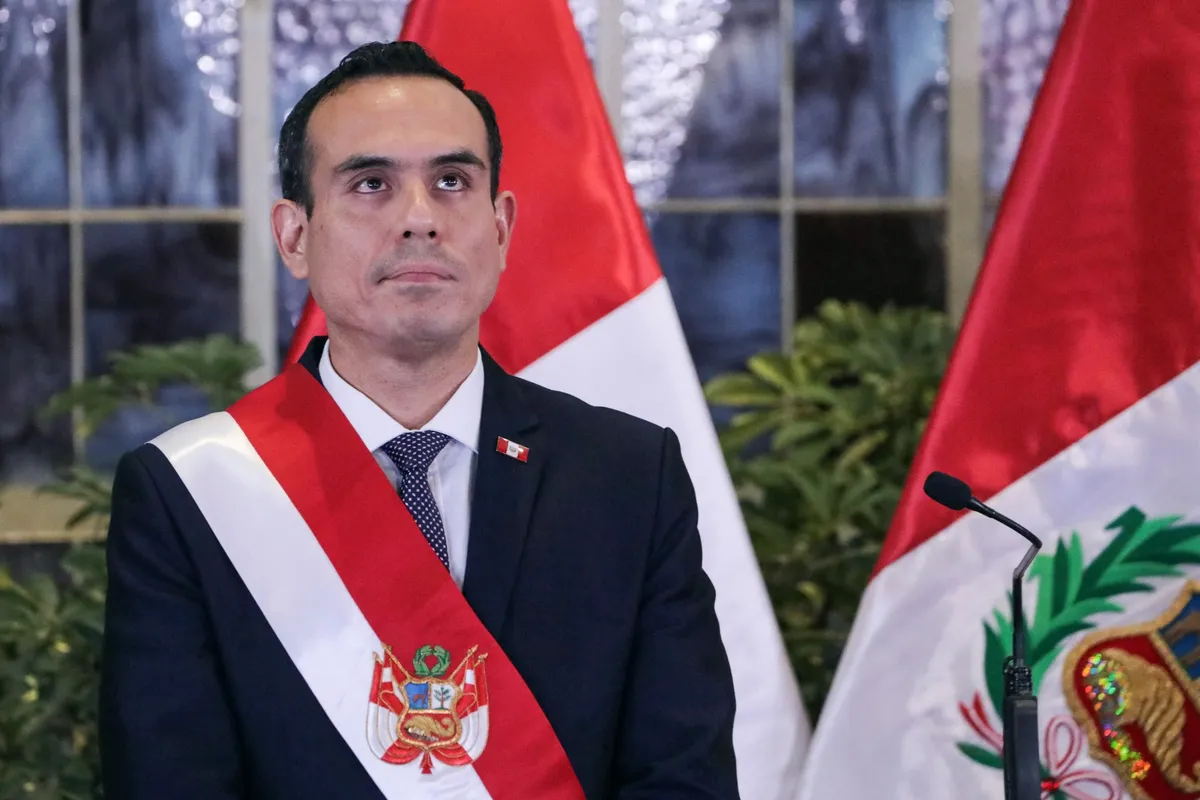


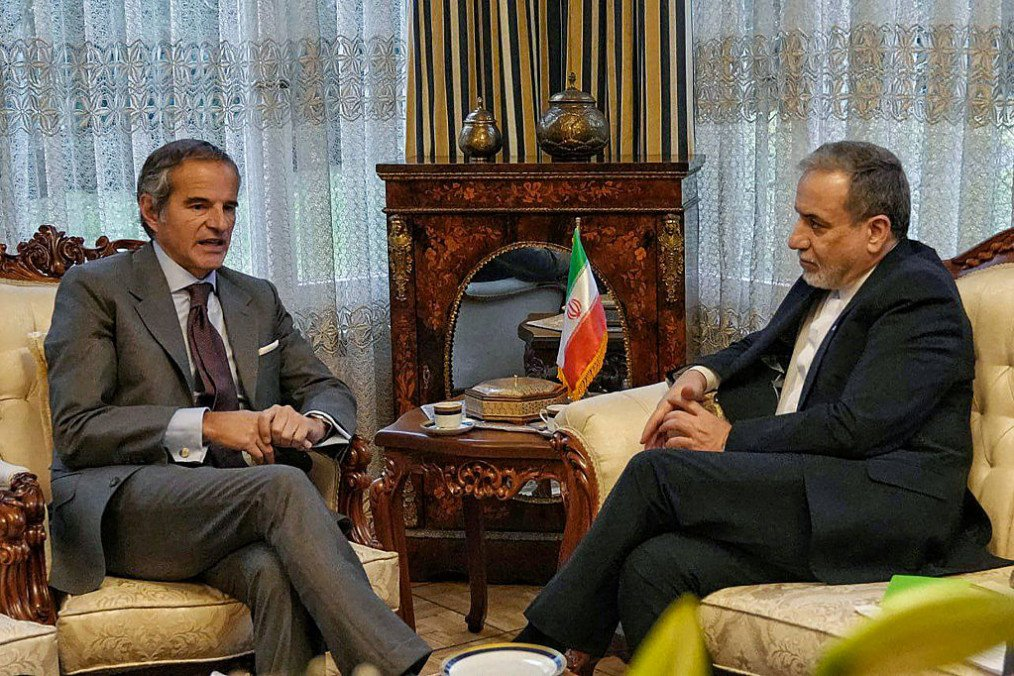
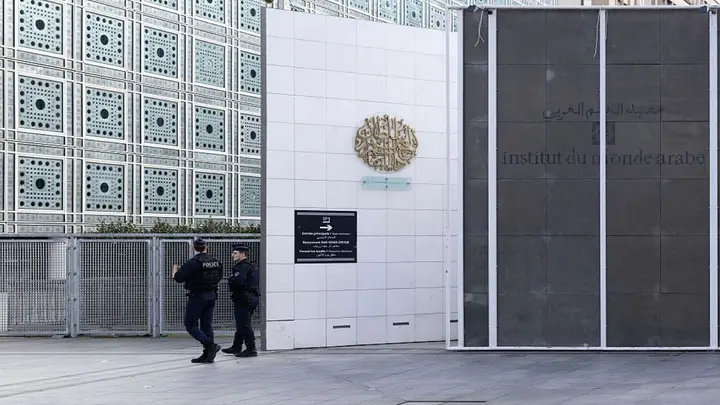
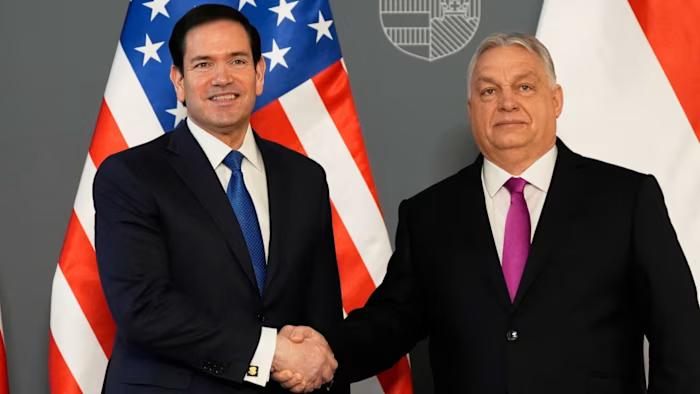

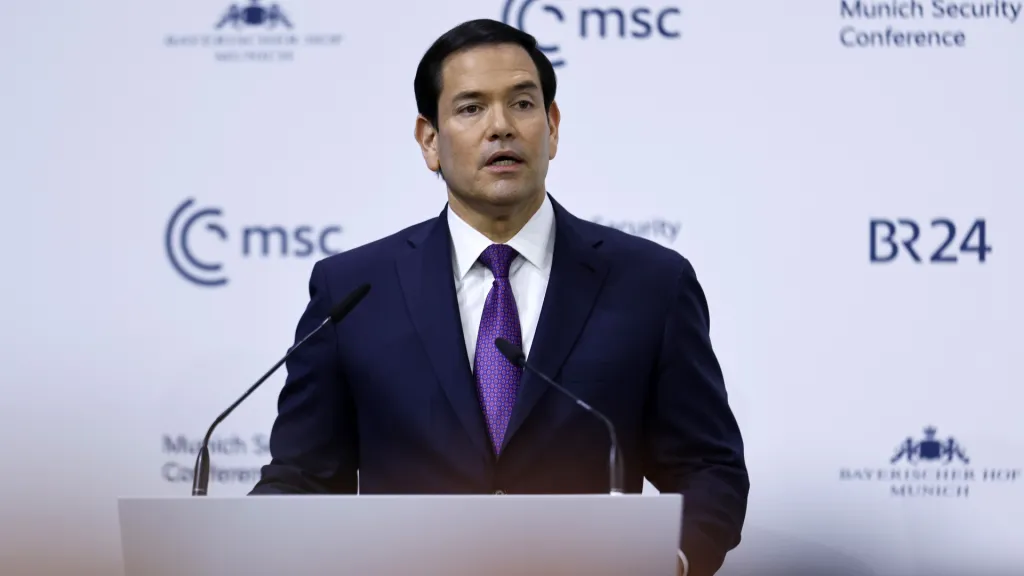
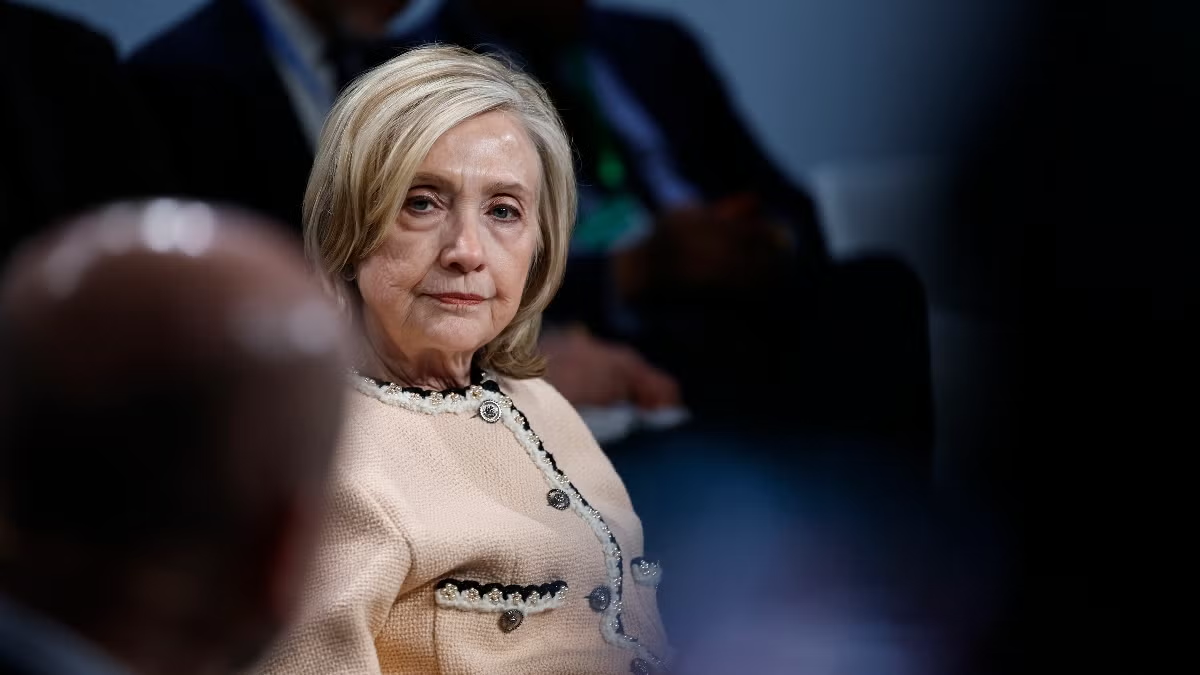

Discussion